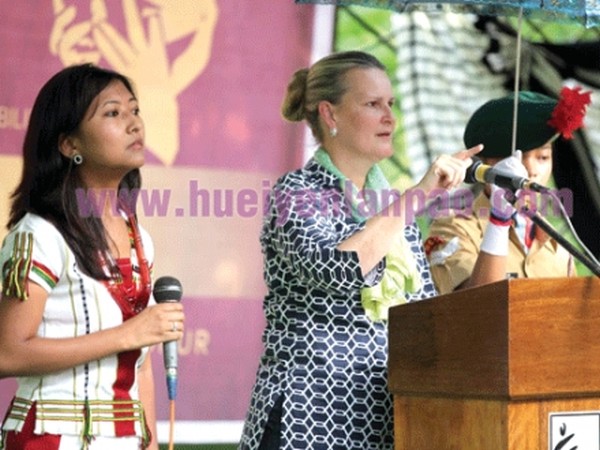
*************************************************************************
A job fair for the differently-abled organised in the city saw 18 multi-national companies queuing up to pick the best candidates.
The event organised by the Vocational Rehabilitation Centre for the Handicapped under the Ministry of Labour and Employment on Tuesday, saw a high number of participants, both in terms of candidates and employers.
The companies that came in included Tech Mahindra, HCL, IBM, Croma and Futura. “The situation has changed considerably from the past when we had to request companies to come and recruit differently-abled candidates. Today more and more organisations are coming forward and asking us for differently-abled candidates as part of their Corporate Social Responsibility activities,” said Deputy Director of the Vocational Rehabilitation Centre, P K Cherian.
“In a job fair held last week, we were able to recruit differently-abled students to reputed companies like Wipro, Godrej and ITC hotels,” he said. “Some of the jobs that were secured by these students had a starting salary to the tune of `30,000,” he added.
Speaking at the inaugural function, the organisers also requested the candidates to upgrade their skills to meet the demands of the industry. “Every day we receive about 10 to 15 applications for jobs. But every one of these candidates wants a government job and security in life. No one comes for training in self-employment or for skill development opportunities,” said Cherian.
He also asked the students to shun their dependence on government jobs. “Reservation for differently-abled candidates is only three per cent and the number of applicants under the category is huge. There are a large number of multi-nationals with immense scope of development.Students must grab these opportunities,” he said.
The event saw about 800 candidates from the physically challenged and hearing and speech-impaired category. The job fair is targeted at persons with disabilities in the age group of 18 to 30 years who have studied up to Class X or above.
Source : The New Indian Express , 31st July 2013














